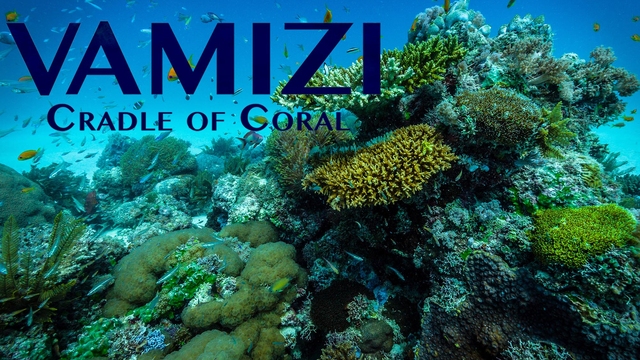Vamizi: Cradle of Coral
A team of scientists race to save an underwater paradise
 In the shimmering waters of the Indian Ocean lies the island of Vamizi, home to one of the world's oldest, most pristine coral reefs. Natural reserves of oil and gas have been discovered below this wonderland of marine biodiversity, and now this vibrant, flourishing reef is a target for energy companies. With one-third of the world's coral reefs dying, this urgent doc follows a team of conservationists in a race against time to save Vamizi.
In the shimmering waters of the Indian Ocean lies the island of Vamizi, home to one of the world's oldest, most pristine coral reefs. Natural reserves of oil and gas have been discovered below this wonderland of marine biodiversity, and now this vibrant, flourishing reef is a target for energy companies. With one-third of the world's coral reefs dying, this urgent doc follows a team of conservationists in a race against time to save Vamizi.

Festivals
 Waimea Ocean Film Festival – Official Selection
Waimea Ocean Film Festival – Official Selection
 Blue Ocean Film Festival – Official Selection
Blue Ocean Film Festival – Official Selection
 Wildlife Conservation Film Festival New York – Official Selection
Wildlife Conservation Film Festival New York – Official Selection
 Sheffield Documentary Festival – Official Selection
Sheffield Documentary Festival – Official Selection






